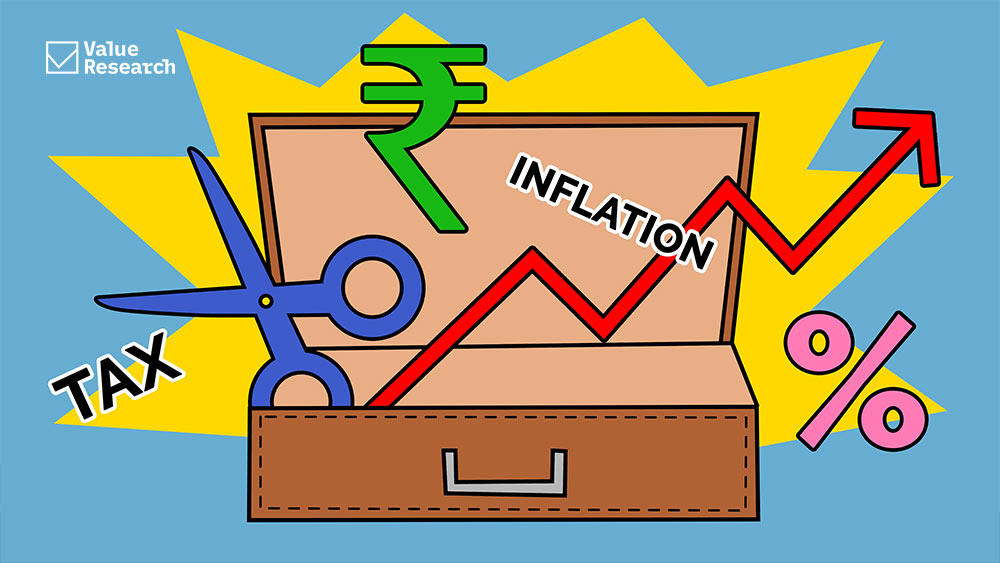
My mother purchased a commercial space in 1976 for Rs 76,000. She transferred the property to her son in 1989 who further transferred it to me in 2005, I sold it in Sep 2022 for Rs 65,00,000. What will be the capital gains and the tax payable? - Suresh Narain Mehra
There are a few things which need to be established while computing capital gains in case of inherited property. Those are (i) the holding period, (ii) cost of acquisition, (iii) cost of improvement and (iv) the period for which indexation benefit can be availed.
Holding period
The period of holding shall be from when the previous owner acquired the property by a means which is considered as a taxable transfer. In this case, the period of holding would be from 1976 till 2022 (assuming that the transfers in 1989 and 2005 were either by way of a will or gift deed). Clearly it was held for more than 2 years and hence, it would be classified as a long-term capital asset.
Cost of acquisition
Cost of acquisition shall be deemed to be the cost for which the previous owner of the property acquired it. In this case, it would be the acquisition cost in 1976, i.e., Rs 76,000. Since the property was acquired by the previous owner prior to April 1, 2001, the cost of acquisition shall be the cost of asset to the previous owner or fair market value as on April 1, 2001, whichever is higher. The fair market value shall not exceed the stamp duty value as on April 1, 2001. In this case, the fair market value as on April 1, 2001 would appear to be the more beneficial option unless it was less than Rs 76,000.
Cost of improvement
Cost of improvements would mean the expenditure incurred in relation to any additions or alterations made to the capital asset. In this case, it would be available from 1976 till 2022. However, if the fair market value is opted as the cost of acquisition, then cost of improvement would be available only from 2001 till 2022 as the ones incurred from 1976 till 2001 would be factored into the fair market value.
Indexation benefit
Finally, the indexation benefit has to be considered. This has been a contentious issue in the past due to lack of clarity within the provision of The Income Tax Act. The explanation to indexed cost of acquisition states to consider from the year in which asset was held by assessee. And cost of acquisition shall be deemed to be that for which the previous owner acquired it in case of inherited asset, thereby implying indexation benefit from the time previous owner acquired the asset.
The matter has been reasonably resolved since the CIT vs Manjula J Shah (2013) case, wherein the Bombay High Court held that, since for the purpose of period of holding in case of inherited assets, the period for which the asset was held by previous owner is considered, the same should be the case for indexation benefit as well.
4 Million+ copies sold! Get investment insights, market guidance, fund analysis, data stories, case studies and more. Subscribe to our digital & print magazine - Mutual Fund Insight.
Hence, in your case indexation benefit will be available from 2001 since that is the year the cost of acquisition pertains to. You may refer here for the cost inflation index to calculate the indexed cost of acquisition.
Now after establishing all of the above, you can calculate the capital gains by simply deducting the cost of the asset (acquisition as well as improvement) and any expenses in connection with the sale from the asset's sale value.
Capital gains = Sale value of the asset - (indexed cost of asset + sale expenses)
The long-term capital gains in case of property is taxed at the rate of 20 per cent. This is if you want to sell the property. Mere inheritance of the property does not attract any tax.
Suggested read: Tax implications on selling your house








